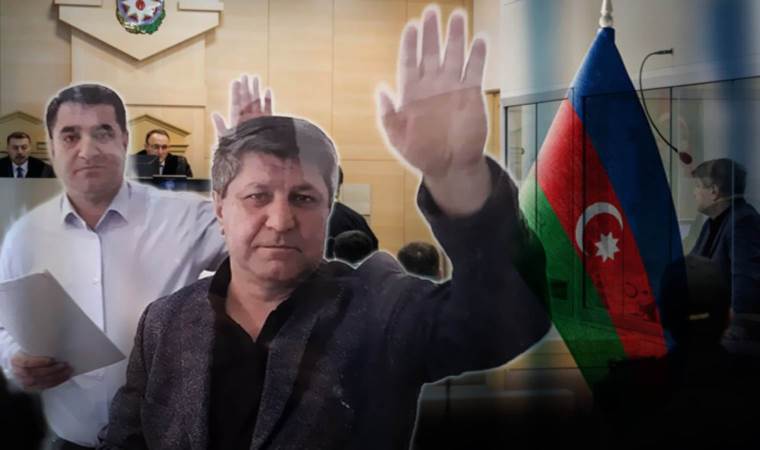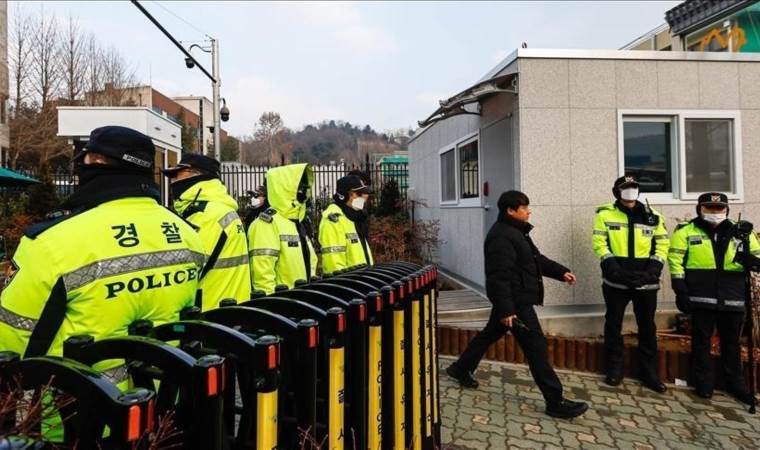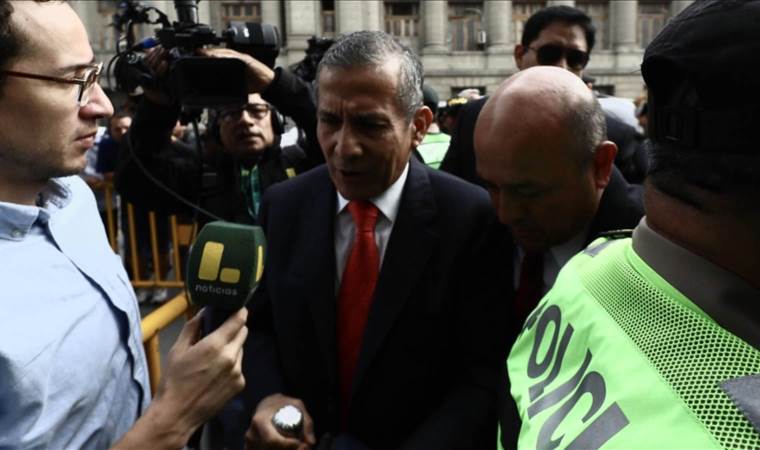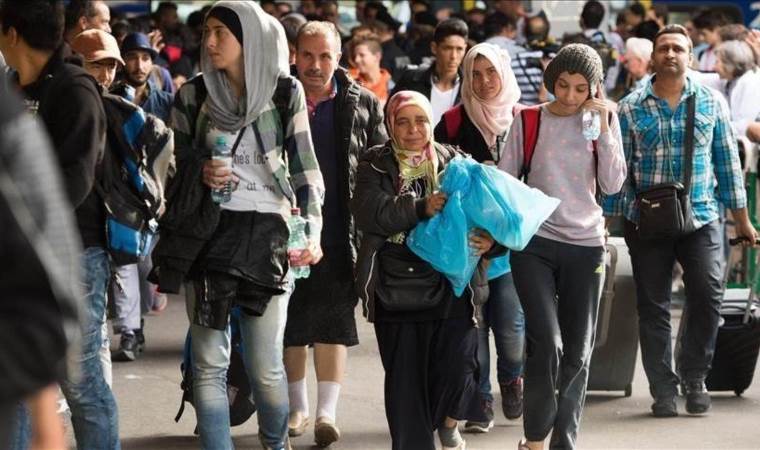Authors Columns of the Day Sport Guest Life All Authors
The 'Right to Hope' and Related Issues in Ocalan Case
Hamdi Yaver Aktan
Under Article 11 of Law No. 5218, which abolished the death penalty, sentences for those previously condemned to death were automatically converted to "aggravated life imprisonment." The Anti-Terror Law No. 3713, referring to Laws No. 5218 and 4771, specifies that individuals convicted of terrorism whose sentences were converted to aggravated life imprisonment are ineligible for conditional release, effectively sentencing them to life imprisonment "until death."
The Law on the Execution of Penalties and Security Measures (Execution Law) further states that "in cases of aggravated life imprisonment for offences committed within the scope of an organization’s activities, provisions for conditional release shall not apply." (Art. 107/16, Temporary Article 2)
The Vinter Decision
Under the referenced regulations, conditional release does not apply to aggravated life sentences converted from death penalties or imposed for crimes committed within an organization’s scope. Under execution laws, these sentences continue "until death" or "for life."
In continental Europe, particularly in the constitutional jurisdictions of Italy and Germany, such long-term sentences were debated decades ago. The European Court of Human Rights (ECHR), under the Council of Europe, first ruled on this issue in response to a case brought by citizens of the United Kingdom. Known as the Vinter decision, and termed the "right to hope" in legal doctrine and ongoing jurisprudence, this landmark ruling was issued by the ECHR's Grand Chamber on July 9, 2013 (Application Nos. 66069/09, 130/10, and 3896/10).
In its Vinter ruling, the ECHR examined whether domestic law allowed for conditional release, whether sentence suspension was possible, and whether the sentence could be converted to another. The court also departed from its two previous rulings on similar cases.
For this reason, the Vinter decision is considered a milestone in scope. In this ruling, the court found that "the ambiguities in domestic law were insufficient to prove the sentence could be reduced" (Erdi Yetkin, "Vinter and Others v. the United Kingdom," İzmir Bar Association Journal, September 2019, p. 229). On this basis, it did not deem the existence of a presidential pardon in domestic law adequate. The ECHR has since expanded on this precedent.
Three Adverse Decisions
The ECHR issued its first decision involving Turkey on the right to hope on March 18, 2014, referencing principles from the Vinter decision. After determining that the applicant could not benefit from conditional release under domestic regulations, the court concluded that the president’s power to mitigate or revoke sentences (Art. 104 of the Constitution) did not constitute a basis for hope of release.
Ultimately, the court ruled a violation of Article 3 of the Convention, which prohibits torture. Following this decision, the ECHR issued three additional rulings against Turkey.
The ECHR also established that the violation begins "from the moment the sentence is imposed." It ruled that the first review for release should occur in the 25th year; while it did not rule a violation for cases reviewed in the 30th year, it did so for reviews conducted in the 40th year.
The Turkish Constitutional Court has not issued any rulings related to the right to hope. In only one case, a member dissented, arguing that a violation under Article 3 of the Convention should be recognized.
In light of ECHR jurisprudence, some have expressed that Article 90/final paragraph of our Constitution would not be immediately invoked (Tolga Şirin, "The Right to Hope and Misinformation"). We note only the necessity of further discussing this view.
Legislative Regulation
The main question is what could happen if no regulatory changes are made. First, it’s almost certain that the ECHR would rule against domestic regulations. Furthermore, if individuals sentenced to aggravated life imprisonment reside abroad, Council of Europe members could resist extradition. They may also refuse to extradite individuals with ongoing cases.
If domestic regulations align with ECHR jurisprudence, contradictions may arise. Under the Execution Law, individuals sentenced to aggravated life imprisonment converted from the death penalty or for crimes within the scope of an organization’s activities may be eligible for conditional release after 30 years (Execution Law, Art. 107/2). If the right to hope were applied by removing certain legal provisions and allowing for a 25-year execution period, the system would need restructuring to address inequality with those serving lighter sentences. Any such regulation would naturally apply to all convicts in similar circumstances, as personal laws cannot be enacted.
Yazarın Son Yazıları All Columns
Günün Köşe Yazıları
Most Read News
-
 Journalist Avaz Zeynalli diagnosed with cancer in prison
Journalist Avaz Zeynalli diagnosed with cancer in prison
-
 ‘No reason for gram of food or aid to enter Gaza’: Israe
‘No reason for gram of food or aid to enter Gaza’: Israe
-
 French justice minister labels prison attacks as ‘terror
French justice minister labels prison attacks as ‘terror
-
 South Korean police raid presidential office over martia
South Korean police raid presidential office over martia
-
 Peru's ex-President Humala, wife sentenced to 15 years f
Peru's ex-President Humala, wife sentenced to 15 years f
-
 European Commission proposes 1st list of safe countries
European Commission proposes 1st list of safe countries
-
 Trump administration eyes closure of nearly 30 US embass
Trump administration eyes closure of nearly 30 US embass
-
 Trump says China withdrawn from Boeing deal
Trump says China withdrawn from Boeing deal
-
 EU’s von der Leyen: ‘The West as we knew it no longer ex
EU’s von der Leyen: ‘The West as we knew it no longer ex
-
 Israel says its army to remain in Gaza in ‘any temporary
Israel says its army to remain in Gaza in ‘any temporary











